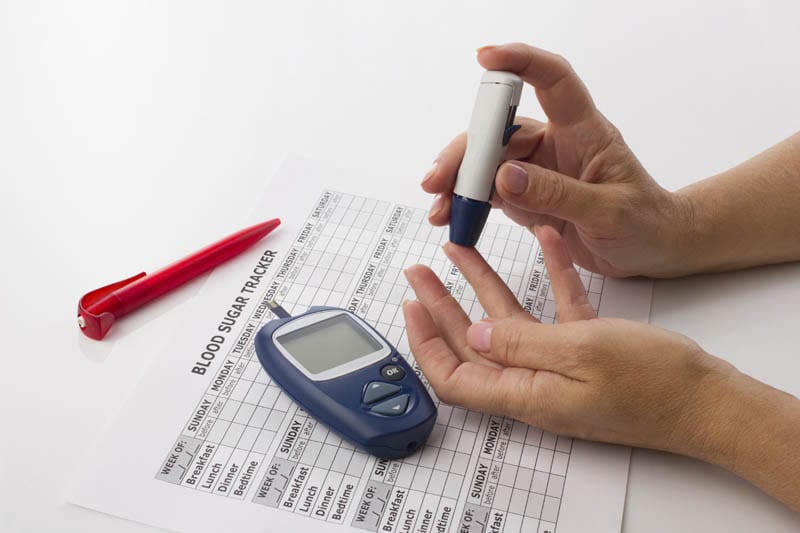
by hanna | Dec 12, 2019 | Nutrition
The holiday season has officially ended—and with it all the rich, decadent foods. Whether you’ve made a New Year’s resolution or not, here are three tips to consider for healthier eating in 2020 and beyond. Don’t Skip Meals You may think that since you ate so...

by hanna | Oct 29, 2019 | Physical Health
Let’s break down the basics of the three different types of diabetes. Type 1 Diabetes Type 1 diabetes is usually diagnosed in early childhood or early adulthood. In Type 1, the body does not produce insulin. Insulin is a hormone needed in order to get...




